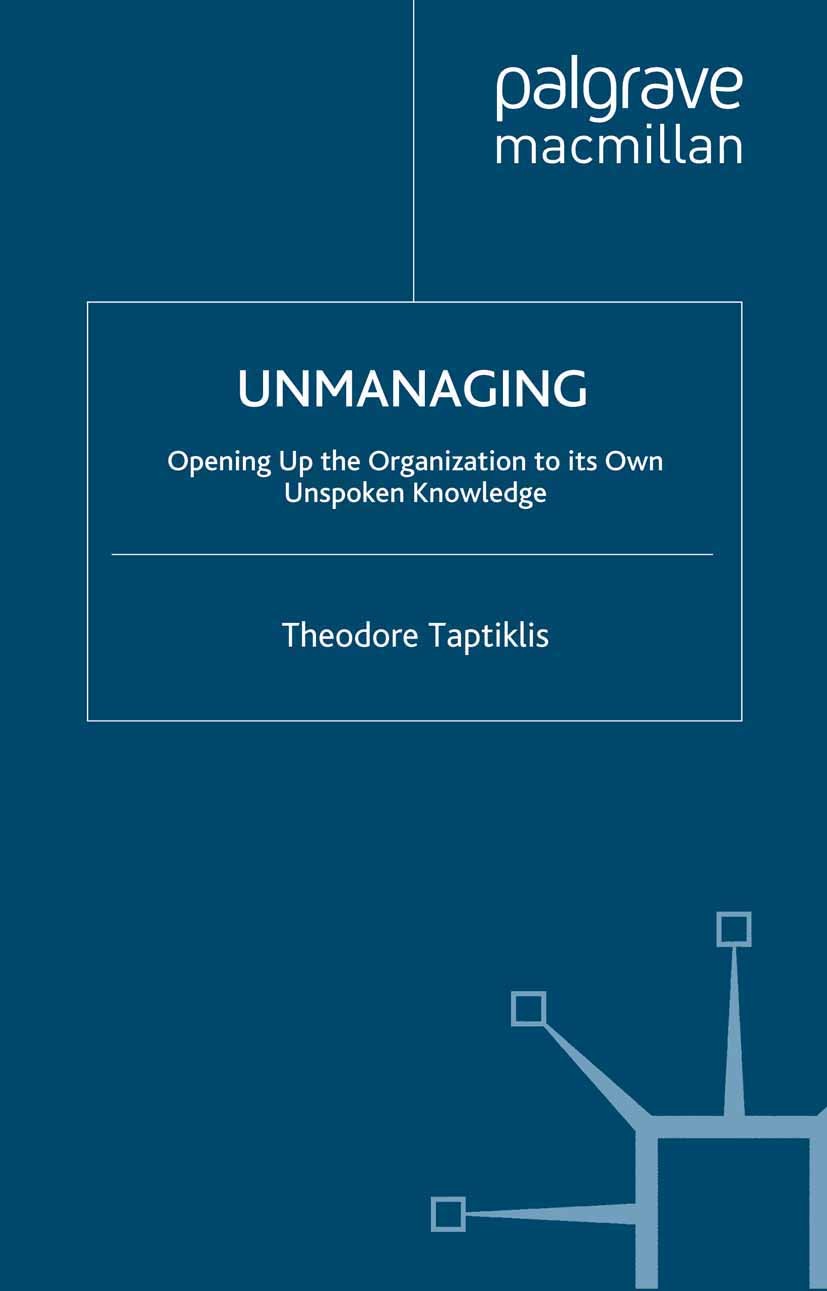| 书目名称 | Unmanaging | | 副标题 | Opening up the Organ | | 编辑 | Theodore Taptiklis | | 视频video | http://file.papertrans.cn/943/942363/942363.mp4 | | 图书封面 |  | | 描述 | Within management thinking, behaviours have become repetitive, and organizational performance is stagnant or declining. We need to engage with each other as individuals. The author proposes new ways of harnessing people‘s storytelling instincts and capabilities to create a new medium of professional communication and collaboration. | | 出版日期 | Book 2008 | | 关键词 | management; organization; organizations | | 版次 | 1 | | doi | https://doi.org/10.1057/9780230589469 | | isbn_softcover | 978-1-349-36470-1 | | isbn_ebook | 978-0-230-58946-9 | | copyright | Palgrave Macmillan, a division of Macmillan Publishers Limited 2008 |
The information of publication is updating

|
|
 |Archiver|手机版|小黑屋|
派博传思国际
( 京公网安备110108008328)
GMT+8, 2026-1-19 14:36
|Archiver|手机版|小黑屋|
派博传思国际
( 京公网安备110108008328)
GMT+8, 2026-1-19 14:36


